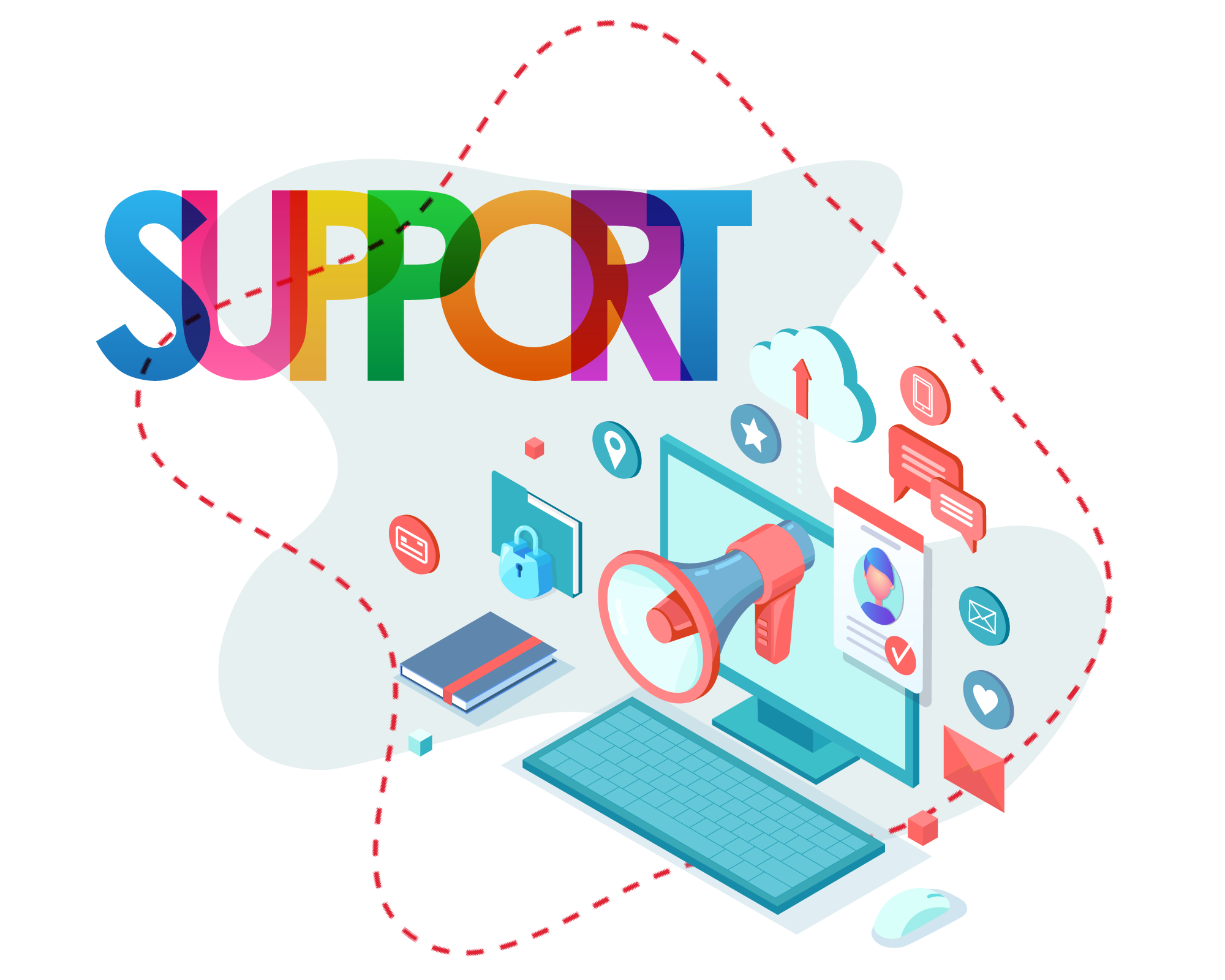
The Community Oncology Pharmacy Network (COPA) is dedicated to providing community oncology practice pharmacies and leadership with resources that support pharmacy operations, education on best practices, and effective advocacy. Be sure to register for full access to all the valuable tools and professional networks we have available to help you succeed.
Advocacy is an important part of the political process at the federal, state, and local levels. It brings ordinary citizens into the policymaking process so that different viewpoints can be heard before government officials’ act. Advocates greatly enrich the policymaking process by making elected officials aware of benefits or consequences of proposals that they may not have fully appreciated.
COA is a voice and convener for cancer advocacy across the United States. Our goal is to ensure that our diverse community is heard and makes an impact in cancer and health care policy. Check out the links below to learn more about COA’s advocacy work and find out how you can become a valued contributor to the policymaking process.

We are collecting patient and practice experiences around the difficulties encountered when trying to get oral prescriptions filled by specialty, mail order, or other retail outlets, outside of physician retail and dispensing pharmacies. If you are aware of patients encountering delays in receiving their medications; having their prescribed medications changed; extensive waste; disrespect or rudeness from customer support; lack of financial support through foundations or other patient assistance because it is not being sought by these pharmacies; or any other issues that have had a negative impact, please submit your story above.
These stories are extremely critical and are used to help educate our members of Congress, as well as payers and related parties that impact how patients receive their care. COA does not share any patient specific data or practice names without the permission of the patient or the practice. Our Patient PBM Horror Stories papers are shown bel as examples of issues that patients have encountered trying to get their oral drugs filled by pharmacies and PBMs.
Please participate by filling in all the applicable fields above and submit the experience for our database so that we may continue to fight this battle on behalf of our patients. These stories support our fight by showing how patient care administered at the site of care is improved when patients are allowed to get their drugs dispensed within practice pharmacies. Alleviating the problems described in these stories, leads to better patient adherence; time to fill; lower costs to patients and the health care system; less waste and overall greater patient satisfaction.

The Community Oncology Alliance Patient Advocacy Network (CPAN) is a national advocacy organization committed to raising awareness of independent, community cancer care and the issues that affect it.
A community oncology practice is a private, physician-owned cancer clinic that is not part of a hospital, academic center, or medical teaching institution. CPAN advocates — including patients, survivors, caregivers, nurses, pharmacists, oncologists, and more — share their personal stories and advocacy power so elected officials understand the importance of local, affordable, and accessible cancer care close to where they live and work.
